The academic publisher Palgrave Macmillan is calling for articles for their upcoming special issue on Cultural Evolution. I’m not sure if ICE will contribute, but I’m glad to see interest in this so I’m passing it along to our readers.
— Steve McIntosh
Call for papers: Cultural Evolution
Palgrave Communications, the open access journal from Palgrave Macmillan (part of Springer Nature), which publishes research across the humanities and social sciences, is currently inviting article proposals and full papers for a research article collection (‘special issue’) on Cultural Evolution.
This collection is being edited by Dr Jamshid Tehrani (Associate Professor, Department of Anthropology, Durham University, UK). This is a rolling article collection and as such submissions will be welcomed at any point up until the end of March 2019. To register interest prospective authors should submit a short article proposal (abstract summary) to the Editorial Office in the first instance.
Overview
Cultural evolution describes how socially learned ideas, rules, and skills are transmitted and change over time, giving rise to diverse forms of social organization, belief systems, languages, technologies and artistic traditions. This research article collection will showcase cutting-edge research into cultural evolution, bringing together contributions that reflect the interdisciplinary scope of this rapidly growing field, as well as the diversity of topics and approaches within it.
Quantitative and qualitative research from a range of perspectives and disciplines is welcomed, including: archaeology, sociology, anthropology, complex network analysis, economics, history, linguistics, medical humanities, politics, psychology, philosophy, and religious studies.
Contributions are invited on, but not restricted to, the following themes:
· Comparative studies of social learning and/or cultural transmission;
· Evolution in human behaviour;
· Cognitive anthropology;
· Cultural attraction theory;
· Experimental studies of cultural evolution;
· Novel methodologies to study sociocultural evolution;
· Quantitative/complex network analysis;
· Modelling studies of cultural evolutionary dynamics;
· Phylogenetic analysis of culture and language;
· Gene-culture co-evolution and human niche construction;
· Evolution of religious practices and beliefs;
· Real-world applications of cultural evolutionary knowledge, e.g. to grand societal challenges;
· Evolution of language and communication;
· Philosophical perspectives on cultural evolution.
More information: https://www.nature.com/palcomms/for-authors/call-for-papers#culturalevolution

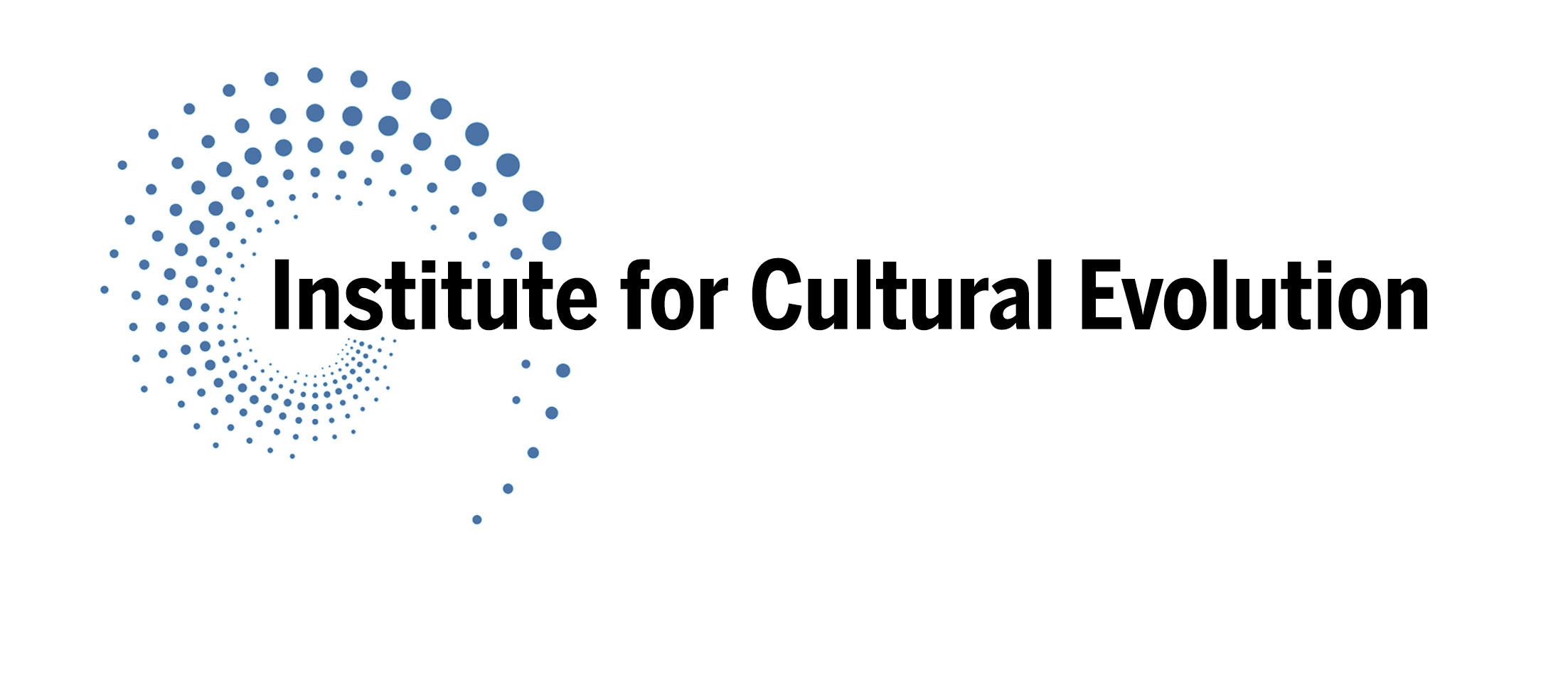
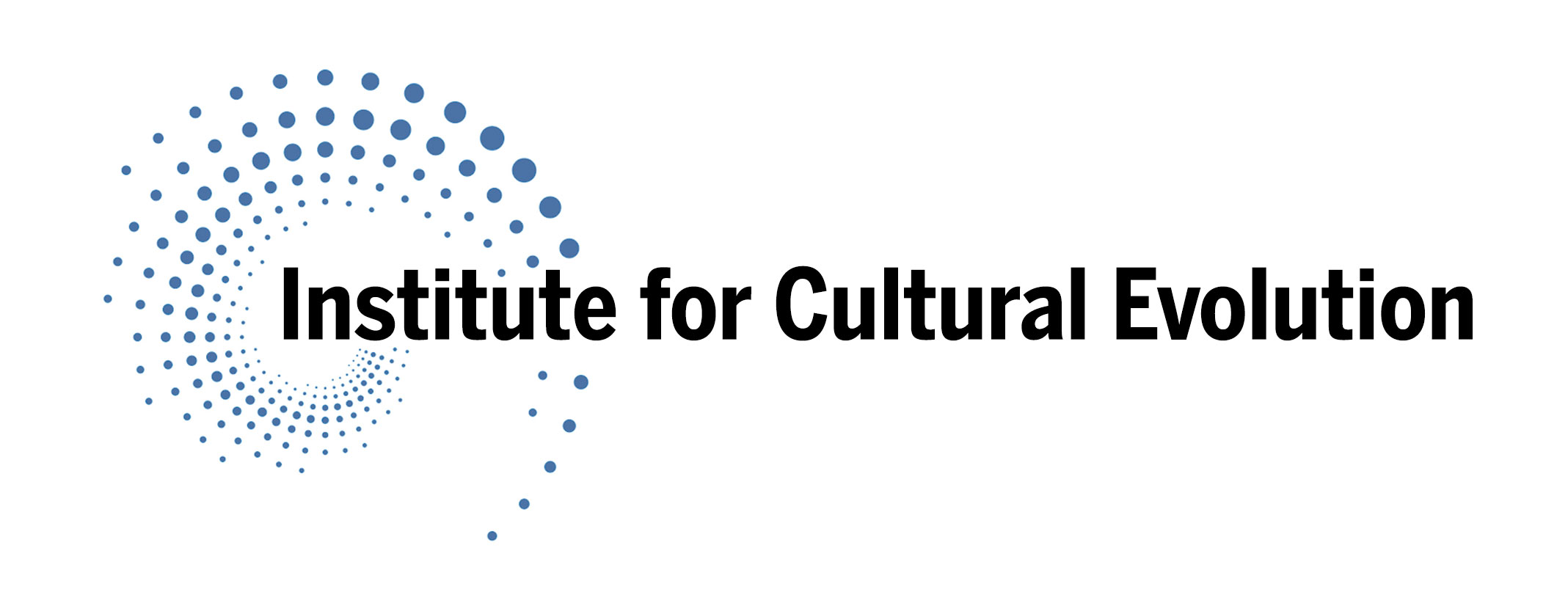
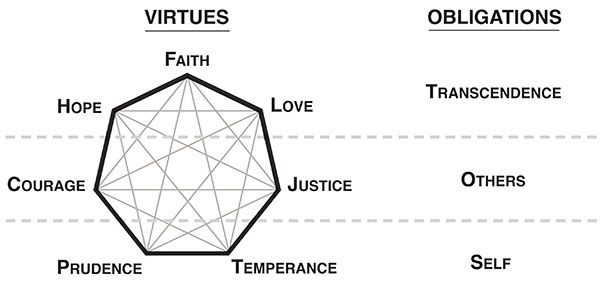
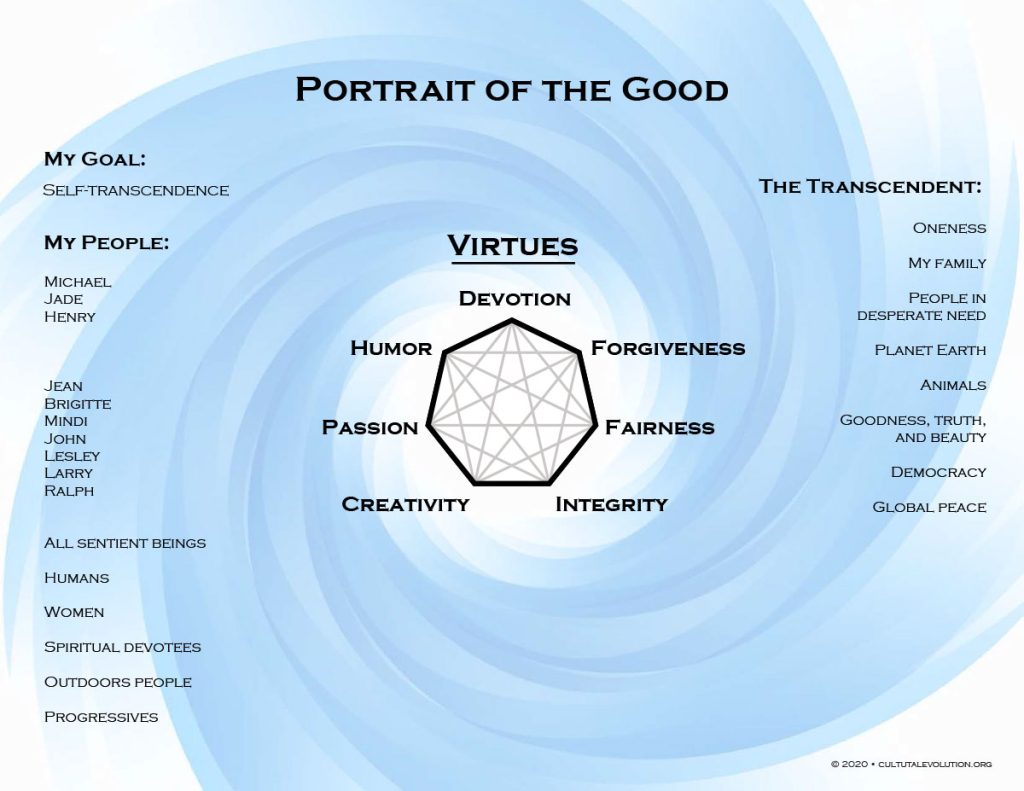
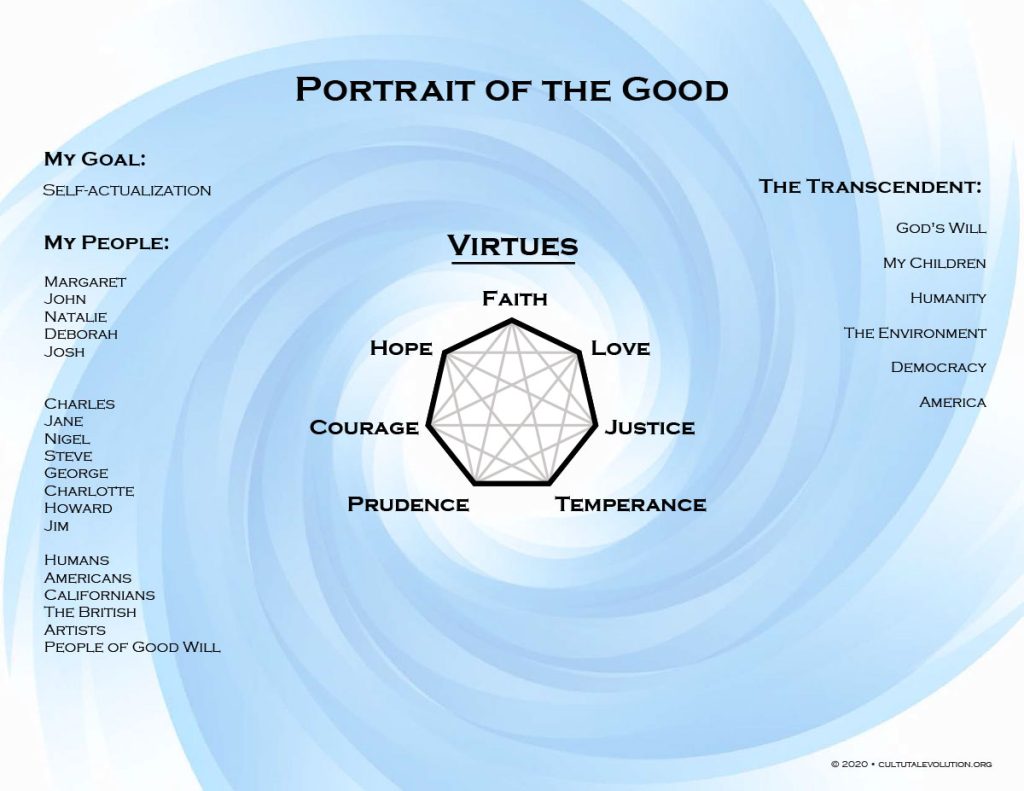
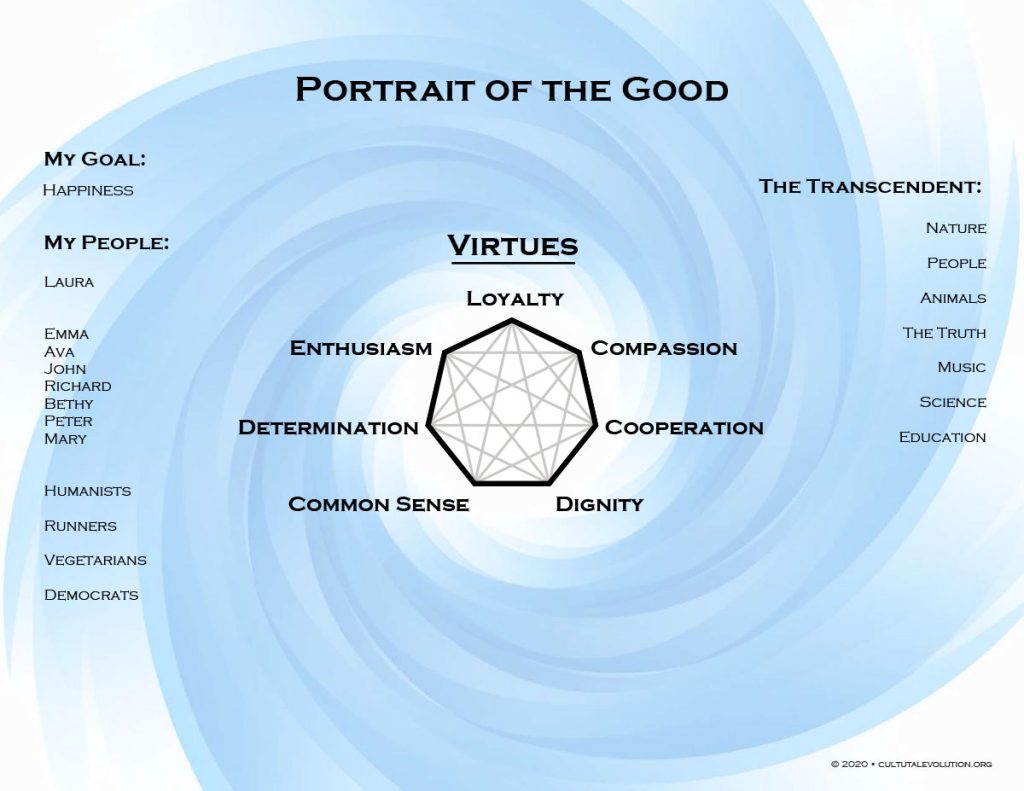
This likely won’t sit well, but a mentor used to muse that “society is the past”, and “society is entropic.”
The implied assertion was/is that evolution is the province of the individual … then culture seizes upon, stultifies …